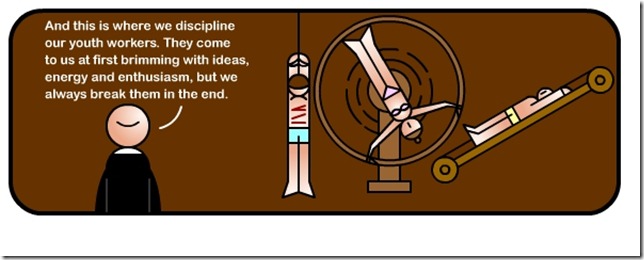There are stories to tell, but sadly not mine so I can’t tell them, at least not on a public blog. My little kid from the village has nearly learnt to swim; I’m allowed to say that. He gets more and more confident in the pool every day, we were playing with water balloons today, I guess he’d never seen them before, but he loved it.
I first read Rob Hay’s Article on Toxic Mission a year or more ago, but I’ve found myself coming back to it a few times of late, and since I’d promised a couple of folk that I would send the link, I’m putting it up here for anyone who might be interested. I think it’s a good discussion starter, and probably should be compulsory reading for anyone in leadership in mission and anyone who aspires to leadership in mission (actually as the article points out, most folk in leadership in mission weren’t planning to be there, so probably it should be compulsory reading for all of us on the grounds that we never know where we might end up).
I’d saved it in the same place as this cartoon from Asbo Jesus who as regular readers will know is someone whose work I appreciate for many reasons;
This is also from quite a while ago, and it had me thinking about the whole concept of “they”; i.e. “The other”…. whether that’s talking about youth workers, church members, mission partners or whatever (and in other contexts disabled people, black people, “the poor” and as many other stereotypes as you like). “They” are “those who aren’t like me”, and “They” are usually attributed with negative characteristics which I don’t share… “They” aren’t asked for an opinion because “They” aren’t interested, can’t be trusted, wouldn’t respond anyway, don’t understand, haven’t had my training…. All conveniently ignoring the small detail that the main denominator that links the individuals in question is that “They” are all members of the same youth-work team, church, mission organisation, and if “They” really don’t care, can’t be trusted etc.,, then the most logical place to start exploring for a root or a reason is within that shared common denominator. And then life starts to become uncomfortable, hence the link with the above article. Oh for a good context for reflexive discussion.
On a more cheerful note, and swiftly changing the subject;
Fair fa’ your honest, sonsie face,
Great chieftain o’ the puddin-race!
Aboon them a’ ye tak your place,
Painch, tripe, or thairm:
Weel are ye wordy o’ a grace
As lang’s my arm.
Yup, it’s Burns night. Bit hot for haggis here right now, and the whisky’s terrible, and we can’t get “neep”, but here’s a toast to ol’ Rabbie B.
